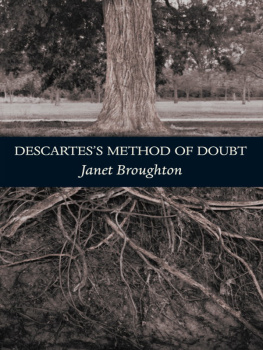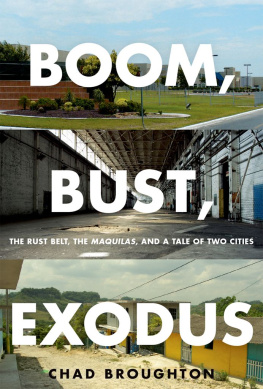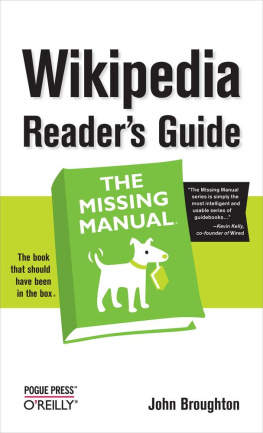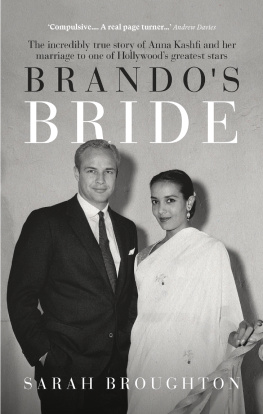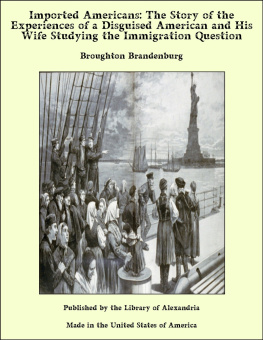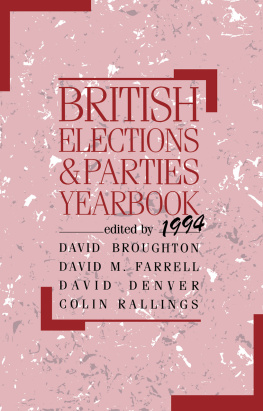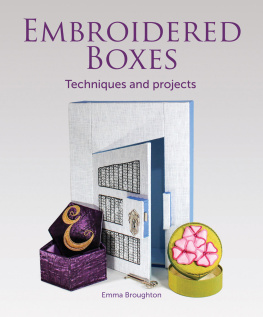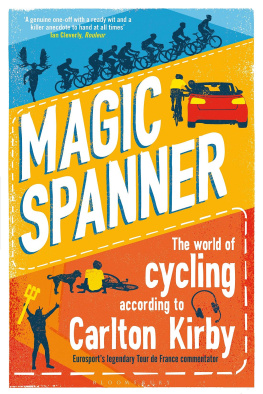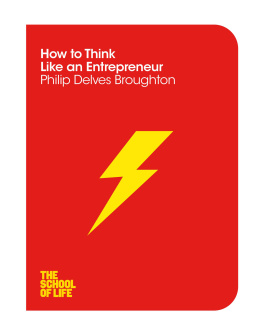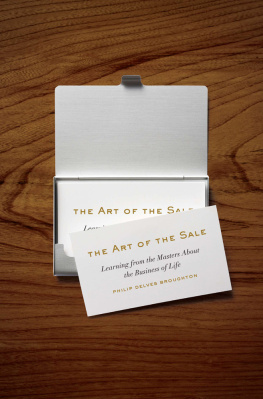Broughton - Descartess Method of Doubt
Here you can read online Broughton - Descartess Method of Doubt full text of the book (entire story) in english for free. Download pdf and epub, get meaning, cover and reviews about this ebook. City: Princeton;N.J, year: 2003, publisher: Princeton University Press, genre: Religion. Description of the work, (preface) as well as reviews are available. Best literature library LitArk.com created for fans of good reading and offers a wide selection of genres:
Romance novel
Science fiction
Adventure
Detective
Science
History
Home and family
Prose
Art
Politics
Computer
Non-fiction
Religion
Business
Children
Humor
Choose a favorite category and find really read worthwhile books. Enjoy immersion in the world of imagination, feel the emotions of the characters or learn something new for yourself, make an fascinating discovery.
Descartess Method of Doubt: summary, description and annotation
We offer to read an annotation, description, summary or preface (depends on what the author of the book "Descartess Method of Doubt" wrote himself). If you haven't found the necessary information about the book — write in the comments, we will try to find it.
Descartess Method of Doubt — read online for free the complete book (whole text) full work
Below is the text of the book, divided by pages. System saving the place of the last page read, allows you to conveniently read the book "Descartess Method of Doubt" online for free, without having to search again every time where you left off. Put a bookmark, and you can go to the page where you finished reading at any time.
Font size:
Interval:
Bookmark:
Descartess Method of Doubt

Descartess
Method of Doubt

JANET BROUGHTON
PRINCETON UNIVERSITY PRESS
PRINCETON AND OXFORD
Copyright 2002 by Princeton University Press
Published by Princeton University Press, 41 William Street,
Princeton, New Jersey 08540
In the United Kingdom: Princeton University Press, 3 Market Place,
Woodstock, Oxfordshire OX20 1SY
All Rights Reserved
Library of Congress Cataloging-in-Publication Data
Broughton, Janet, 1948
Descartess method of doubt / Janet Broughton.
p.cm.
Includes bibliographical references and index.
eISBN: 978-1-40082-504-2
1. Descartes, Ren, 15961650Contributions in theory of knowledge.
2. Knowledge, Theory of. 3. Belief and doubt. I. Title
B1878.K6 B76 2002
194dc212001027849
British Library Cataloging-in-Publication Data is available
This book has been composed in Dante Typeface
Printed on acid-free paper.
www.pup.princeton.edu
Printed in the United States of America
13579108642
FOR JOHN

 Contents
Contents 
 Preface
Preface 
THIS IS A BOOK about Descartess method of doubt, about his rationale for using it and the way he thought it worked. Radical doubts surface in the Discourse on the Method and the Principles of Philosophy, and the method of doubt guides the fragment of the Search for Truth that has come down to us. But Descartes shows us the method of doubt most clearly in the Meditations on First Philosophy, and that is the book that will concern me in the chapters ahead.
In the first of his six meditations, Descartes offered the dream argument, which calls into doubt the existence of the things we see and touch, and the deceiving God argument, which in addition calls into doubt the truth of claims like Two plus three equals five, claims that we grasp clearly and distinctly. Descartes resolved to carry his meditations forward by affirming only what can withstand these radical skeptical arguments. He affirmed first that he himself exists and has various states of consciousness, or ideas. He argued that his own existence as someone with an idea of God requires that God exist, and then he appealed to Gods benevolence for the validation of his clear and distinct ideas. From various of these clear and distinct ideas, he drew out the distinction between mind and body and the existence of a physical world describable in austerely mathematical terms.
When we reflect upon the trajectory of these meditations, we may find ourselves with some disturbing reactions: we may find it difficult to resist the radical skeptical arguments with which Descartes began, and yet impossible to accept his argument that God must exist if we have the idea of God. Then we seem to be left in need of something we cannot have: certainty that all of our most evident judgments are true. For the radical skeptical arguments seem to show that we cannot claim knowledge of anything beyond our own ideas unless we have something like a divine guarantee that our ideas correctly reflect the mind-independent world outside of our thought. The scope of our knowledge, then, appears to be tiny: each of us knows only his own existence and can attribute to himself only his states of consciousness. Those states we know through and through; that is our consolation prize. But everything outside this bubble of perfect illumination is veiled in darkness. To alter the metaphor, each of us is an island and forever lacks any bridge for crossing the gap between self-knowledge and knowledge of the world beyond. And to alter the metaphor again, this time to a favorite of Descartess, we have torn down our rickety structure of belief, excavated a trench for new foundations, and filled the trench with solid rock, only to find that there are no materials with which we can construct a building.
If this is not really our predicament, then something must be wrong with the trajectory of Descartess inquiry. But what? In recent decades, philosophers have given several very provocative answers to this question, answers that offer diagnoses of where we go wrong if we see philosophical inquiry as shaped in the way that Descartes shapes it. To some, Descartess mistake lies in a conception of good cognitive life that misunderstands certainty or overestimates its importance. To others, the mistake comes in thinking that the dream argument or the deceiving God argument offers any reason for doubt, any consideration that ought to make people withdraw their claims to know things. Still others think that the most basic mistake is an underlying conception of the mind as having states that are transparent to itself, or that mirror a world that lies beyond.
These are ideas that are much discussed by contemporary philosophersrightly so, I believe. But our sense of their importance can distort our understanding of Descartes in subtle and not-so-subtle ways, making us project onto him philosophical assumptions that are ours, not his, and making us miss philosophical ideas he wanted to communicate. I hope to be giving an account of the method of doubt that corrects at least some of these distortions. While in some ways I think Descartes is closer to us than we might have imagined, in many ways he is far more remote.
Several years ago I heard the philosopher David Hills gloomily describe two sorts of people who work on the history of philosophy: those who ask, Where is he coming from? and those who ask, Where does he get off ? Of course, as I know Hills would agree, we cannot understand our philosophical history without understanding something about where our predecessors come fromespecially what their philosophical, scientific, theological, and literary assumptions, sources, and foes were. And sometimes we must engage their claims and arguments directly, as we might critically engage the claims of a contemporary of ours. But I find that my guiding question about Descartess method of doubt is this: what is he up to? By that I mean that I want to develop a good way to describe Descartess ambitions for philosophical inquiry, especially as they reveal themselves in distinctive moves that he makes as he carries his inquiry out. I should say right now that I think his ambitions are splendid but doomed, and highly instructive.
In describing what I think Descartes is up to, I do not pretend somehow to be stepping out of my twenty-first-century skin. My general interests in Descartes are those of a post-Cartesian, post-Humean, post-Kantian, post-Moorean, post-Wittgensteinian philosopher. Some of the questions about the method of doubt that I will raise concern aspects of what Descartes was doing that did not interest him very much, or in some cases at all, but I do not think it follows that my reading of Descartes is anachronistic.
There are two main points I want to make about Descartess use of the method of doubt. The first is that the doubt is artificial; it is strategic in character. The second is that using doubt is supposed to yield knowledge by uncovering its own preconditions.
In the introduction I locate the method of doubt in the more general terrain of methods, and I describe several ways of seeing Descartess motivations for using the method of doubt. In Part One I turn to the First Meditation and bring out its strategy, especially in relation to the authority of commonsense belief. In Part Two, chapter 6 introduces the idea that Descartess use of doubt is supposed to yield knowledge by uncovering its own preconditions. Chapter 7 is about the parts of the Second Meditation in which Descartes argues that he can be certain that he exists and that he thinks. Chapter 8 is about the argument in the Third Meditation that God exists. Finally, in chapter 9 I step back a little and reflect upon several questions: how my reading bears upon the problem of the Cartesian Circle, how Descartess arguments are connected with transcendental arguments, and what becomes of the authority of common sense once the inquiry of the
Next pageFont size:
Interval:
Bookmark:
Similar books «Descartess Method of Doubt»
Look at similar books to Descartess Method of Doubt. We have selected literature similar in name and meaning in the hope of providing readers with more options to find new, interesting, not yet read works.
Discussion, reviews of the book Descartess Method of Doubt and just readers' own opinions. Leave your comments, write what you think about the work, its meaning or the main characters. Specify what exactly you liked and what you didn't like, and why you think so.

